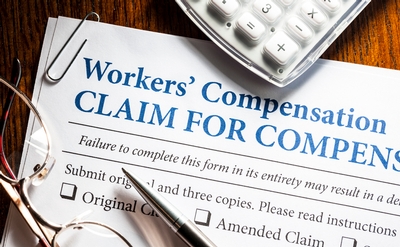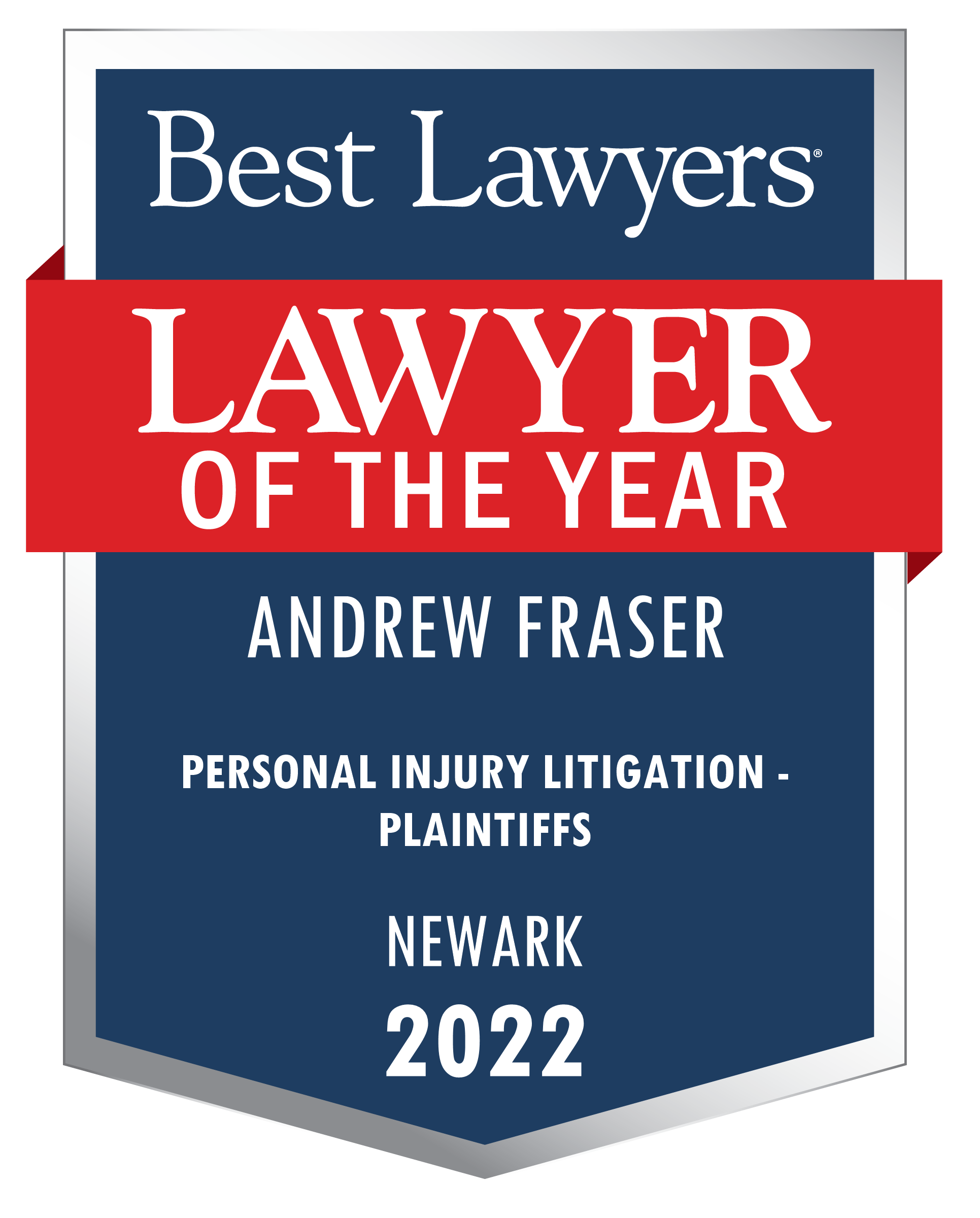Workers' Compensation and an Intentional Act - Is There a Personal Injury Claim?
Related Attorney: Timothy E. Dinan
December 21, 2023
In New Jersey, personal injury claims often serve as a vital means of seeking compensation for injuries incurred due to the actions of others. While the state's Workers' Compensation Act typically provides a safety net for injured employees, it's important to understand how intentional acts can shift the focus to personal injury claims. Let's explore this concept in simpler terms.
Workers’ Compensation Claims in a Nutshell:
The Workers' Compensation Act in New Jersey is designed to provide compensation to employees who suffer work-related injuries or illnesses. It operates on a no-fault system, meaning that workers don't need to prove that their employer was negligent to receive benefits. It is usually the exclusive remedy available to injured workers when bringing claims against their employer. It does not mean that an injured worker cannot pursue a claim against a third-party, like a general contractor, for their negligence.
Personal Injury Claims in a Nutshell:
Personal injury claims allow individuals who've suffered injuries due to someone else's negligence or intentional acts to seek compensation for their damages. Unlike workers' compensation, personal injury claims usually require demonstrating fault on the part of the responsible party.
The Exception: Intentional Acts:
The Intentional Acts Exemption come into play when personal injury claims overlap with workplace injuries. If a workplace injury is the result of an intentional act by an employer, such as knowing actions with a high likelihood of causing harm, it may bypass the standard workers' compensation process.
Crucial Aspects to Consider:
1. Defining Intentional Acts:
Intentional acts refer to actions where the individual knew their conduct was very likely to cause harm, and yet proceeded with those actions.
2. Personal Injury Lawsuit Potential:
In cases involving intentional acts, the injured party may choose to file a personal injury lawsuit against the party responsible, which could be their employer or a co-worker. This expands the scope of potential compensation beyond what workers' compensation typically provides.
3. Proving Intent:
Establishing intent in these situations can be legally complex and often necessitates the presentation of evidence and expert testimony to demonstrate the intention behind the act. These are not easy cases, but it isn’t impossible.
In summary, personal injury claims play a pivotal role in seeking compensation for injuries in New Jersey when intentional acts are involved. Understanding this distinction is crucial, as it can open doors for pursuing additional damages in personal injury lawsuits, offering injured individuals more comprehensive avenues for compensation.
Questions? Contact Tim Dinan at tdinan@lcrlaw.com, or (973) 729-1880.
See our previous blog post here.


















